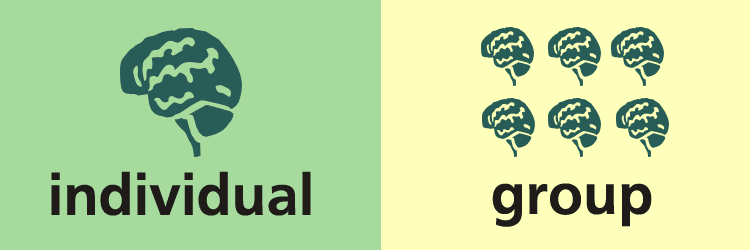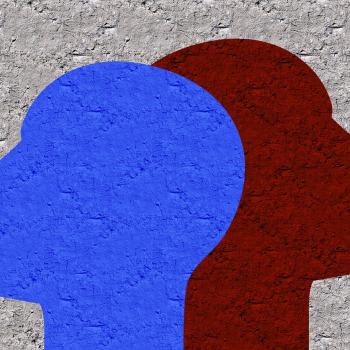Sadly, missionary John Chau’s death to the North Sentinelese people will set back the effort to mobilize missionaries. That’s not entirely John Chau’s fault. It’s one natural consequence of “outcome bias.” Outcome Bias is a Plague among Missionaries Everyone who hears about John Chau’s fateful trip to North Sentinel Island has an opinion. The range of reactions is predictable. Rather than ascribe praise or blame to Chau’s efforts, let’s consider what we can learn and identify potential confusion that surrounds... Read more

















